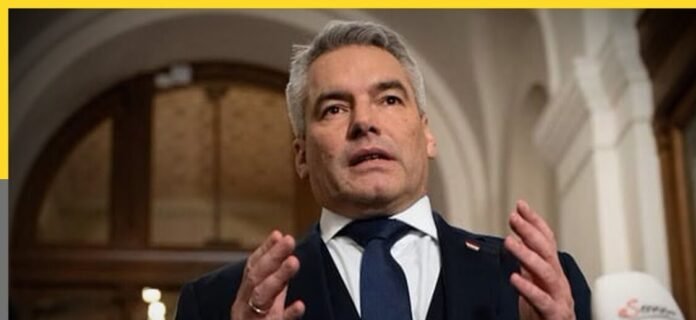Austria has entered a phase of political instability following the resignation of its Chancellor, who stepped down after failing to form a government coalition that excluded the far-right Freedom Party. This development emphasizes the deep political divisions within Austria and potentially signals a significant shift in its political landscape.
The Austrian political system has long been typified by coalition governments that attempt to balance diverse political ideologies, including centrist, conservative, and far-right factions. The recent failure to form a coalition without involving the Freedom Party suggests challenges in maintaining a centrist governance model amidst rising far-right populism.
The implications of this political shakeup are profound, potentially affecting both domestic policies and Austria’s stance within the European Union. With the possibility of new elections on the horizon, Austria could experience a rise in far-right influence, similar to trends seen across Europe, where populist movements have gained ground by capitalizing on public discontent over issues such as immigration and economic policies.
At this juncture, the country’s political future is uncertain. Observers suggest that ensuing political maneuvers may center around forming alliances or temporary governance structures capable of steering the nation through this period of uncertainty. Meanwhile, the broader EU, often leery of rises in far-right influence, will watch closely, aware of the potential for broader European political and economic impacts.
Perspectives
Perspective 1: The resignation of the Chancellor can be seen by centrists and progressives in Austria as both a setback and a potential call to action. These groups might view the failure to exclude the far-right in coalition talks as a signal of the growing populist influence that challenges Austria’s democratic and social fabric. There may be calls for reinforced efforts towards inclusive political strategies and policies that address the socio-economic concerns often exploited by far-right narratives.
Sources:
NBC NEWS
Perspective 2: On the other hand, supporters of the Freedom Party could interpret the Chancellor’s resignation as a validation of their political strength and public appeal. They might argue that their inclusion is necessary to represent a significant portion of the electorate’s views, particularly on issues like immigration and national identity. This perspective could see the event as an opportunity to push their agenda further into mainstream Austrian politics.
Sources:
NBC NEWS
Perspective 3: From a European Union standpoint, this development may prompt concerns regarding Austria’s commitment to EU values and the potential rise of nationalist policies. The EU’s focus might be geared toward encouraging Austria to maintain inclusive and stable governance practices, possibly providing support through diplomatic engagement to counterbalance any potential shift towards far-right ideologies.
Sources:
NBC NEWS
